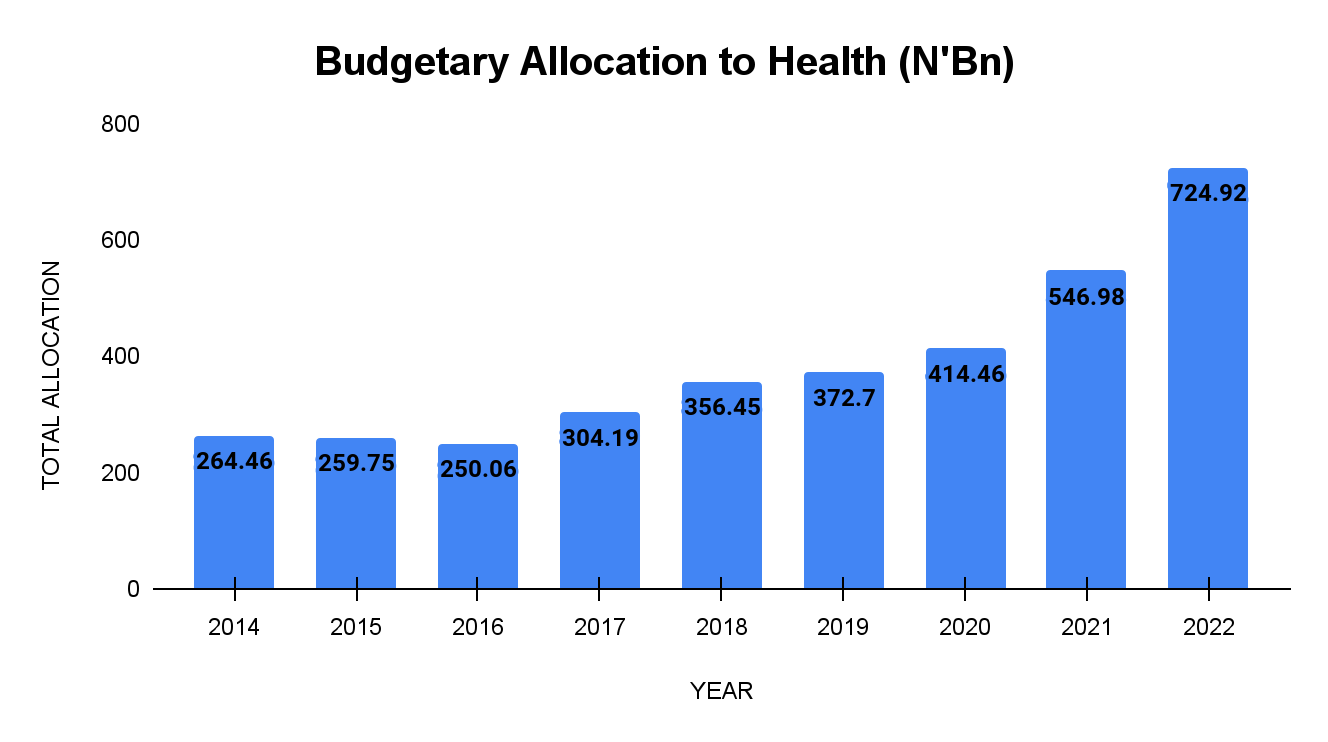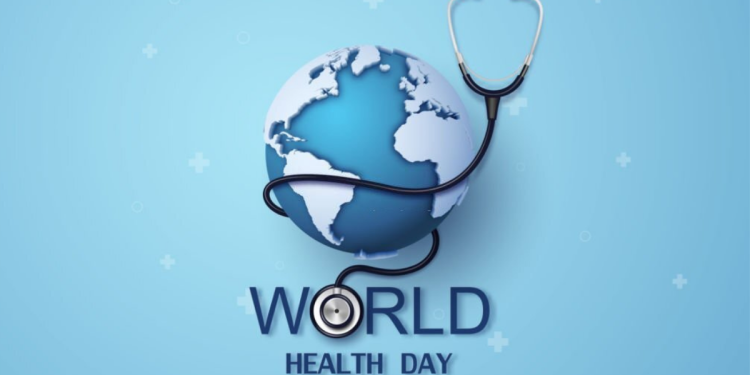This year’s World Health Day tagged “Our Planet, Our Health” draws a connection between physical wellbeing and the health of the planet
Dated back to 1948, the 7th day of April each year is set aside to promote awareness of people’s general health and well-being as well as celebrate the widespread contribution of medical faculty and their success.
This year’s edition is tagged “Our Planet, Our Health” draws a connection between physical wellbeing and the health of the planet.
According to the WHO, the COVID-19 pandemic, an increase in cases of cancer, heart diseases coupled with the increasing effects of climate change – which is deemed the biggest health threat facing the world – has made it imperative to have a holistic conversation about health. It must focus on the total wellbeing of both the people and the planet that hosts them.
There is renewed advocacy for a well-being economy which captures human well-being, equity and ecological sustainability. The hope is that this will translate into long-term investments that will feature well-being budgets, social protection and legal and fiscal strategies.
The goal is limiting and possibly ending cycles of destruction for the planet and human health. To achieve this goal, a combination of legislative action, corporate reform coupled with individuals supported and motivated to make healthy choices, are required.
For Nigeria, healthcare has persistently been problematic with poor funding, poor infrastructure leading to poor health outcomes. There is also very slow action on climate issues and its very real impacts, especially on the health and wellbeing of the people. About one million people each year die prematurely because of avoidable environmental health risks.
The Nigerian government is saddled with the provision of health facilities across the country. At the moment, there are 39,914 health facilities in the country. Records show that Primary Health Centres (PHCs) make up 34,026. This is 85.2% of total health facilities.
Of these facilities, 29,297 are owned by the government, while private individuals own 10,617.

An analysis of the density of health facilities to the population shows that there are just 17 health facilities for every 100,000 persons in the country.
Over the last nine years, budgetary provisions for health are N3.49 trillion. The budget has increased continuously between 2016 and 2022. However, it is yet to reach the 15% of total budget benchmark.

The health sector in the country has faced some administrative challenges which affect service delivery. Amongst these are the industrial actions embarked upon by residents’ doctors across the country to protest poor welfare and healthcare infrastructure.
Access to healthcare has also remained problematic as less than 5% of the population has health insurance and so most people bear expensive out-of-pocket healthcare costs.
Air pollution, contaminated water, unhealthy sanitary practices such as solid waste mismanagement, risks related to certain hazardous chemicals, and negative effects of climate change are pressing environmental public health threats.
Issues such as open defecation persist, as the country has made little progress in its eradication. This places the country amongst those with the highest number of people (46 million) practising open defecation.
Nigeria ranks fourth for air pollution globally and accounts for the largest number of deaths to air pollution in Africa. Reports show there were 150 deaths per 100,000 persons in 2016. Generator fumes, automobile emissions, and crop burning cause most air pollution.
Weak governance practices, potential inequities in health, and limited leadership, expertise, and resources compounded these threats to public health.
As Nigeria joins the rest of the world in this year’s World Health Day, the country can benefit from drawing important connections between physical health and environmental health and implementing strategies that will improve outcomes for the people and the planet.




